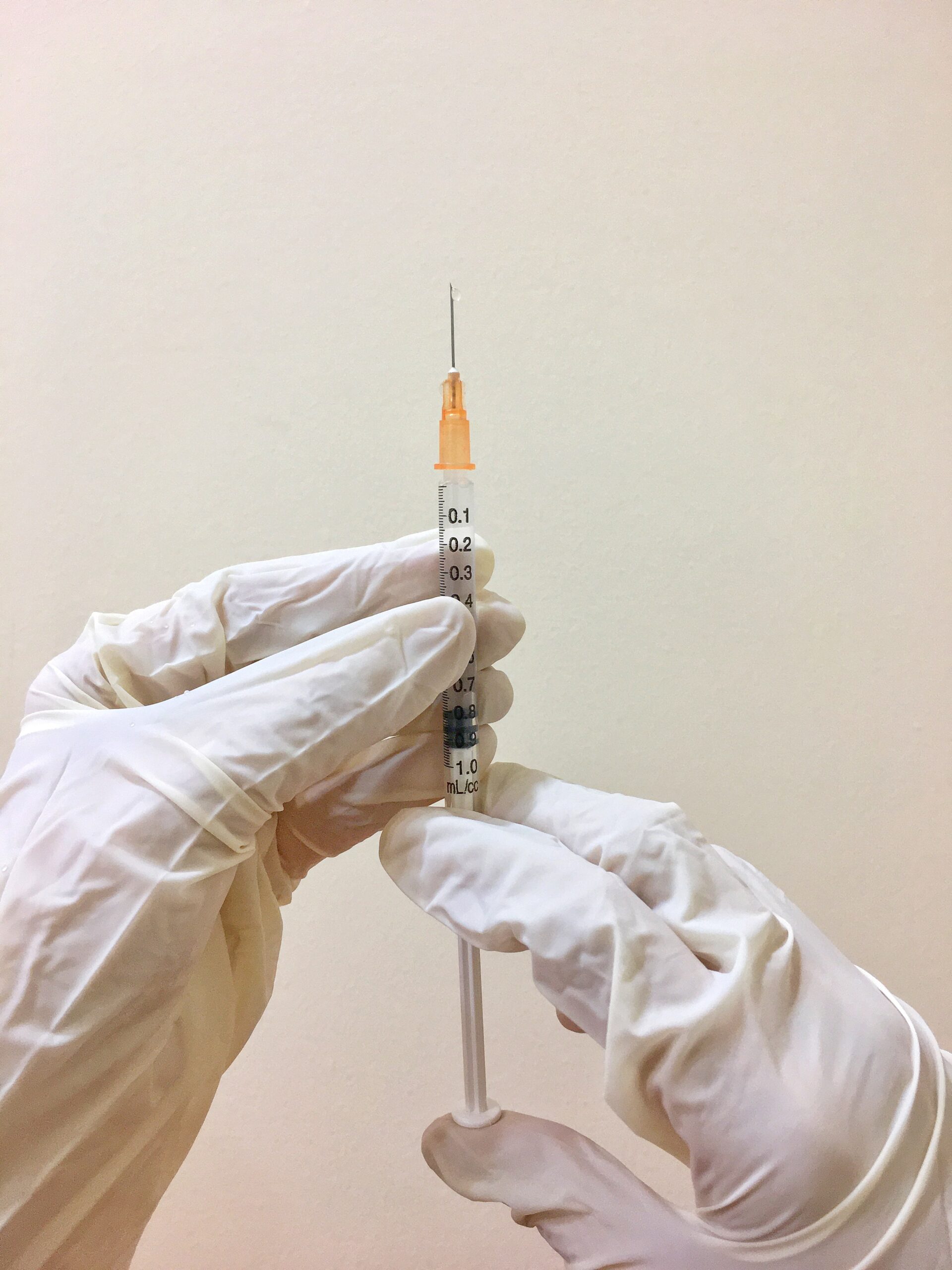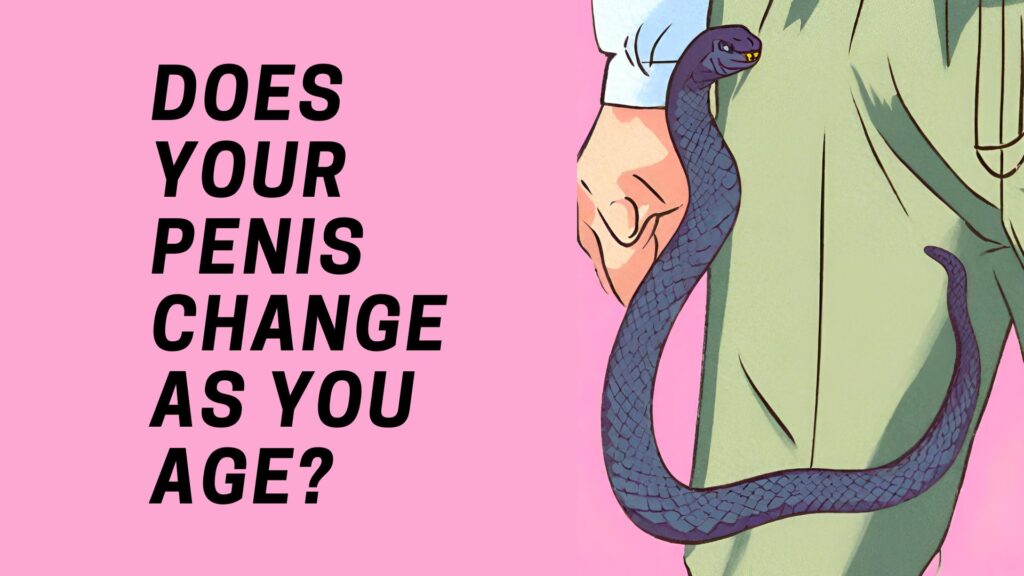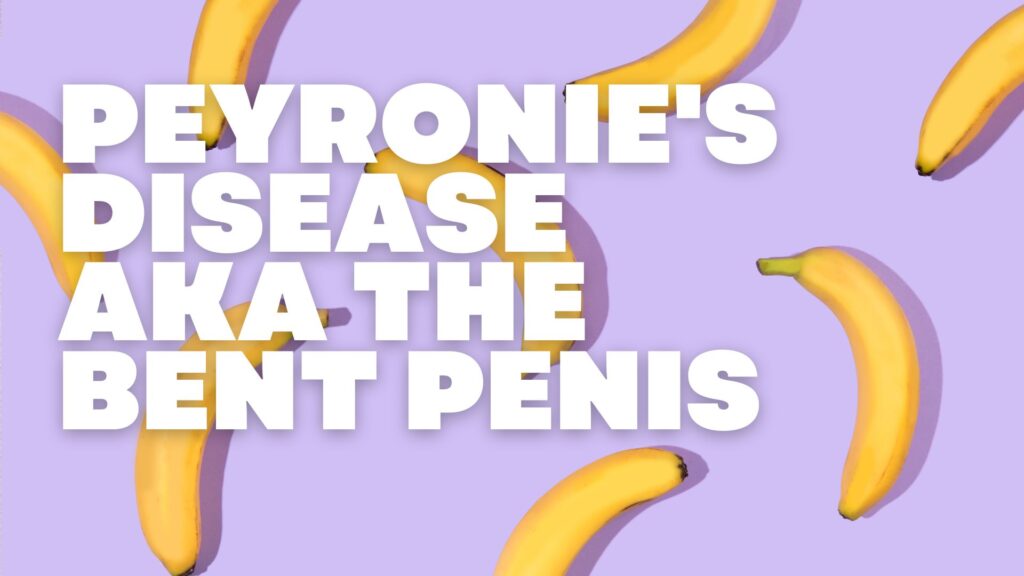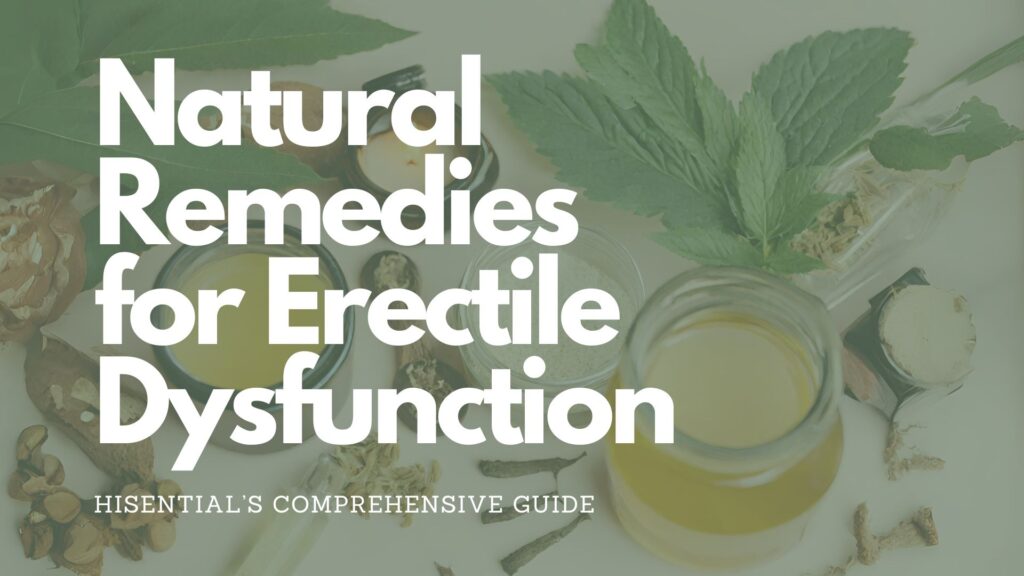HPV infections or warts are more common than you think and affect people of all ages. While it is the primary cause of genital warts globally, it can also form warts in other parts of the body. Though most literature describes HPV as a sexually transmitted disease and most studies focus on genital warts, it is essential to understand that its non-sexual transmission is pretty common too. Thus, it is unwise to see it as simply a sexually transmitted disease. Moreover, non-genital HPV warts are pretty common. Therefore, apart from sexual contact, it may be transmitted via skin-to-skin and skin-to-mucosa contact2. However, the HPV strains that cause genital warts are usually very different from the strains that cause warts in other parts of the body.
How are they transmitted?
HPV infections are most commonly transmitted via skin-to-skin contact. This is why HPV is the most common sexually transmitted disease in the world. Studies suggest that one-third of Malaysians carry this virus. However, men who have sex with men are at a significantly greater risk1.
The risk of transmission increases when the viruses come in contact with broken or damaged skin. Besides, skin-to-skin contact, they can also be transmitted via inanimate items such as towels or razors that have come into contact with a wart.
How are HPV Warts diagnosed?
Besides appearing in the genital region, it can also appear on fingers, mouth, hands, feet, and other body parts of the body2,3. In general, they tend to appear as small, grainy bumps that are rough to the touch. However, its appearance and texture can vary depending on which part of the body is infected and sometimes cause a slight itch. Also, if they form in areas where the skin is thicker, such as palm and plantar warts, it can be really painful.
Our doctors usually diagnose warts based on their appearance. At times, if there is doubt, a skin scraping or biopsy is done to confirm the diagnosis.
Do I need to worry about it?
In most cases, HPV warts cause benign lesions and are generally self-limiting. Though HPV warts can disappear by themselves, without treatment, it will take a very long time. Without treatment, they may keep affecting individuals for years and multiple within the infected area. Moreover, you may transmit the infection to loved ones when they come into contact with the wart or share a towel. This is the reason why one should seek medical attention for wart removal.
What are the treatment options?
There are many creams, ointments, and solutions sold online or in stores, but they rarely work as advertised and may work for milder cases or in a small group of individuals. One of the reasons why home remedies or commercially available treatments fail is due to their failure to reach the deeper roots of these warts, and thus they tend to recur. Furthermore, one should not try to cut or scratch these warts off, as that may cause bleeding, infection, scarring, and other issues. Therefore, it is highly recommended to get these warts removed in a clinic for better outcomes.
Topical treatment
There are many topical treatment options available, such as antiviral creams (Aldara), which appear to boost your immune system’s ability to fight genital warts. Another alternative is Podophyllin-based topical ointments that destroy the wart tissue. The effectiveness of these treatment options is not as great as the other treatments below and usually has a higher recurrence rate. Moreover, they usually take a longer time for the wart to disappear and during that time one has to avoid sexual contact while the cream is on your skin. Besides that, it may cause side effects such as redness, blistering, or rashes around the treatment area.
Electrocautery
This treatment option is one of the most effective methods and has a lower risk of recurrence. It is also the fastest treatment option as the warts are removed using high-frequency radio waves. During the procedure, our doctor will apply a small amount of local anaesthetic and use a radio frequency ablator to remove the wart on the spot. It is generally painless and has a short procedure time, ranging from 5 to 15 minutes, depending on the number of warts.
Liquid nitrogen (cryotherapy)
Cryotherapy is another way of removing HPV warts. It uses cold liquid nitrogen to kill the growing wart and viruses in the tissue. In the case of multiple or more severe HPV warts, patients often need multiple sessions. Nonetheless, one may experience significant benefits from the first session. After cryotherapy, in most cases, a wart will disappear in days.










